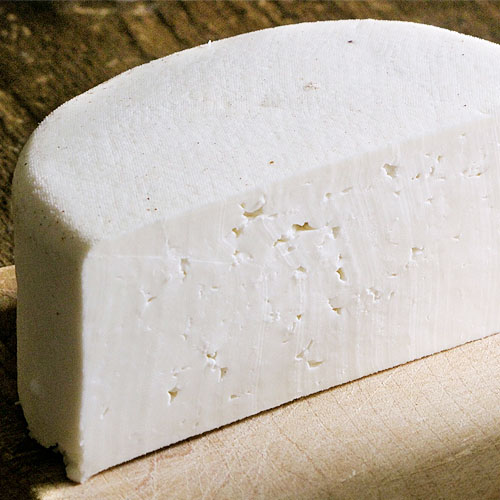The optimal maturing temperature for most cheeses is about 50 to 55 f 12 to 15 c.
Cheese aging room temperature.
After the 2 weeks the cheese is transferred to the ripening room for.
A temperature and humidity controlled home refrigerator or wine cooler set with a temperature range of 50 60 degrees f.
Unfortunately a standard refrigerator is 10 15 degrees cooler then a cheese cave and has the tendency to remove moisture from the air causing unprotected cheese to dry out.
Humidity will need to be monitored and adjusted to the required levels.
The ideal cheese cave temperature used for aging is 50 degrees f.
Creating the right environment for aging is certainly one of the harder parts of cheese making.
Bringing cheese to room temperature is essential to help the fat loosen up which gives the cheese a better texture and flavor.
Cheese whether homemade or purchased can be aged easily in your refrigerator.
For the best temperature place cheese in the warmest part of the refrigerator.
The older the better.
The cheese is covered with a special cultured mix with a salt solution.
While traveling in spain i fell in love with aged manchego cheese.
The amount of humidity and temperature needed will vary by the type of cheese you re aging so follow guidelines for the specific cheese you re using.
There are a number of options including converting an old fridge usually turned off and using humidifiers etc to create the right conditions using containers in a certain part of the house or garage and again possible employing the use of supporting equipment or as you mentioned.
Any warmer and the cheese may age too rapidly and in the case of high moisture cheeses might even spoil.
For every type of cheese a specific combination of temperature and relative humidity must be maintained in the different storage rooms during the various stages.
This is how i converted a small refrigerator into a temperature and humidity controlled cave for aging cheese.
Most home cellars are 40 55 degrees f which make them a desirable aging environment.
Leaving cheese out overnight may impact the quality of the product but would not in most cases result in a food safety issue explains adam brock director of technical services at wisconsin milk marketing board if anything there s a good chance you re over refrigerating your cheese all cheeses besides fresh cheese should be served at room temperature for optimum flavor says brock.
Colder temps prevent spoilage but slow the aging process dramatically which isn t necessarily a bad thing.
The lower temperature causes the aging process to slow down.
However there is a ticking clock on how long it should stay out.

